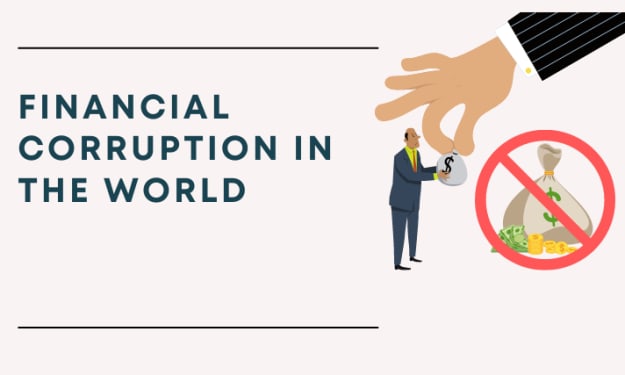
It is not accurate or appropriate to make generalizations about how all criminals think. People who commit crimes come from a wide range of backgrounds and may have very different motivations, beliefs, and values.
However, some research suggests that some criminals may be more likely to engage in criminal behavior due to factors such as a lack of impulse control, a lack of empathy or concern for the well-being of others, a lack of understanding of the consequences of their actions, or a belief that their actions are justified in some way.
For example, a person who lacks impulse control may be more likely to commit a crime on the spur of the moment, without thinking through the consequences of their actions. A person who lacks empathy or concern for others may be more likely to engage in criminal behavior that harms others, as they do not fully understand or care about the impact of their actions on others. A person who does not understand the consequences of their actions may be more likely to engage in criminal behavior, as they do not fully grasp the potential negative outcomes of their actions.
It is important to note that these are just a few potential factors that may influence criminal behavior and that there is no one-size-fits-all explanation for why people commit crimes. It is also important to recognize that criminal behavior is often driven by complex, intersecting factors and that addressing the root causes of criminal behavior is crucial for promoting public safety and reducing crime.
Certainly. It is worth noting that while some people may engage in criminal behavior due to individual factors, there are also often broader social and structural factors at play. For example, poverty, unemployment, and lack of access to education and other resources can create conditions that increase the likelihood of criminal behavior. Similarly, living in communities with high levels of crime or exposure to trauma or violence can also increase the risk of criminal behavior.
Additionally, research suggests that some people may be more vulnerable to criminal behavior due to their upbringing and life experiences. For example, children who grow up in homes where they are exposed to abuse, neglect, or other forms of trauma may be more likely to engage in criminal behavior as adults. Similarly, children who do not receive adequate support, guidance, and education may be more vulnerable to negative influences and may be more likely to engage in criminal behavior.
It is also important to recognize that some people may engage in criminal behavior as a way to cope with mental health issues such as depression, anxiety, or substance abuse. In these cases, addressing the underlying mental health issues may be crucial for addressing the criminal behavior and preventing future offenses.
Overall, the reasons why people engage in criminal behavior are complex and multifaceted. While it is not possible to fully understand the thoughts and motivations of every person who commits a crime, it is clear that addressing the root causes of criminal behavior and providing individuals with the support and resources they need to lead healthy and productive lives is an important step towards reducing crime and promoting public safety.
It is worth noting that the way that a criminal thinks may also be influenced by their perception of the criminal justice system and the likelihood of getting caught for their crimes. Some research suggests that individuals who perceive the criminal justice system as being lenient or unlikely to punish them for their crimes may be more likely to engage in criminal behavior. Similarly, individuals who feel that they have nothing to lose and little to gain from following the rules of society may be more likely to engage in criminal behavior.
It is also important to recognize that criminal behavior is often influenced by peer and social influences. For example, individuals who associate with others who engage in criminal behavior may be more likely to engage in criminal behavior themselves. This can be due to a variety of factors, including a desire to fit in with one's social group or a belief that criminal behavior is acceptable or normal within that group.
Overall, it is important to recognize that the way that a criminal thinks is likely to be influenced by a wide range of factors, including individual characteristics, social and structural factors, and the individual's perception of the criminal justice system and society more broadly. Understanding these factors can help us to better understand the causes of criminal behavior and to develop effective strategies for preventing crime and promoting public safety.
About the Creator
rixcossa
My name is Rex. I am an English language teacher. I like to write stories, articles and books






Comments
There are no comments for this story
Be the first to respond and start the conversation.